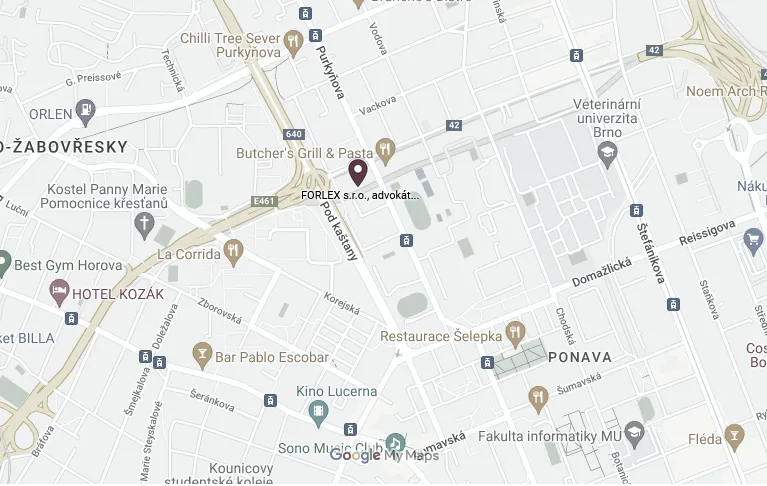NEWS
11/6/2018
Stand-by duty to be included in working time?
The Court of Justice of the European Union (“Court”) ruled that stand-by services which very significantly restrict the employee’s opportunities to have other activities, must be regarded as working time. This case concerns an employee (member of a fire service) obliged, during the stand-by duty, to respond to calls and reach his place of work within 8 minutes. He was therefore required to be physically present at a place from which he would be able to reach his place of work within the above time limit. The Court concluded that the intensity of the constraint excludes the stand-by duty to be perceived as a rest period by the employee and must therefore be regarded as working time. According to the Court, the decisive factor for “working time” is the requirement that the worker be physically present at the place determined by the employer and to be available to the employer in order to be able to provide the appropriate services immediately in case of need. Compliance with these requirements, which make it impossible to choose the place where to stay during stand-by periods, must be regarded as coming within the ambit of the performance of the worker’s duties. The situation is different where the worker performs a stand-by duty according to a stand-by system which requires that the worker be permanently accessible without being required to be present at the place of work. Even if he is at the disposal of his employer, since it must be possible to contact him, in that situation the worker may manage his time with fewer constraints and pursue his own interests. In those circumstances, only time linked to the actual provision of services must be regarded as working time and not the entire stand-by period.
Legal services in CZ, SK and abroad
Contact

info@forlex.cz
+420 596 110 300
Ostrava
FORLEX s.r.o., attorneys-at-law
28. října 3159/29, 702 00 Ostrava
Brno
FORLEX s.r.o., attorneys-at-law
Jana Babáka 2733/11, Královo Pole, 612 00 Brno
Billing information
IČO: 04275705, DIČ: CZ 04275705
ČSOB
Account No. CZK – 321695472/0300
Account No. EUR – 333568649/0300
Registred in the Commercial Register maintained by the Regional Court in Ostrava, Section C, File 63028.
Consumer protection information
On 5 February 2016, the Czech Bar Association was authorized by the Ministry of Industry and Trade of the Czech Republic to deal with alternative consumer dispute resolutions in the field of disputes between a lawyer and a consumer arising from legal service agreements (under Act no. 634/1992 Sb., on consumer protection, as amended). The website of the designated body is www.cak.cz.



